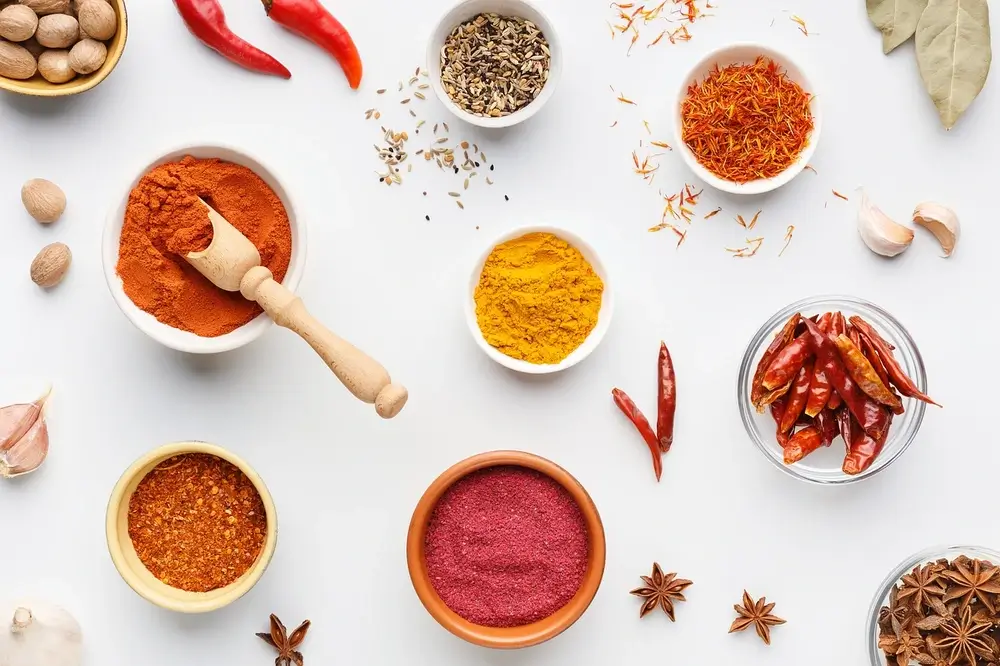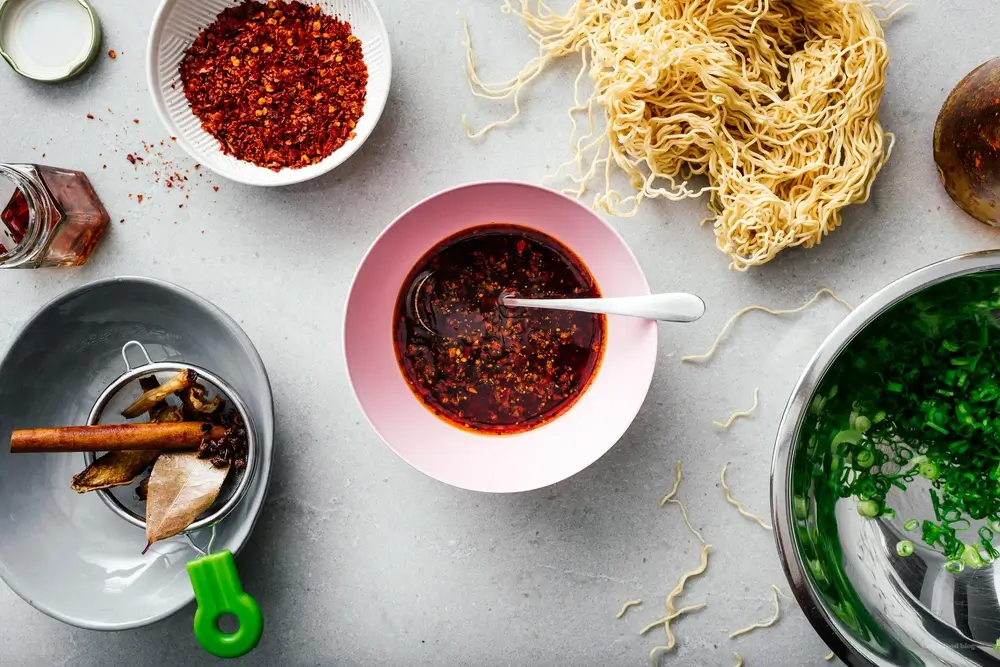India is the land of diversity and spices. It won’t be an exaggeration to say that rather a country, India is more of an eye of whirlwinds and intersection of different cultures.
The typical Indian kitchen is a product of this very cultural intersection. The plethora of spices and stories you can find in an Indian cookhouse is baffling, per se.
Spices have always been an integral part of Indian cooking. They bring out the robust flavors of Indian dishes and boast several health benefits.
You might be surprised to read, but Indian cooking methodology is based on the principles of Ayurveda, the science of longevity. And the use of numerous spices in cooking is a means to balance and preserve health and wellness balance. The medical benefits of Indian spices always come in handy.
Here are 10 Indian spices backed with scientifically proven medicinal benefits.
1. Cumin
Native to Southwest Asia and the Mediterranean Sea, cumin is the seeds of the CuminumCyminum plants, which are famous for their distinct nutty, spicy and earthy flavor.
According to research, consumption of cumin can boost your digestive enzyme activities and facilitate bile released from your liver. It also eases symptoms of irritable bowel syndrome-like bloating and abdominal pain.
Cumin, if included in your cooking methods, can protect against diabetes. It lowers blood sugar levels, triglycerides and increases HDL in your body.
2. Turmeric
Turmeric is a prevalent medicinal plant used in India for ages owing to its numerous health benefits.
This spice is a staple in every Indian kitchen and contains curcumin, an active compound boasting anti-inflammatory and antioxidant properties.
Besides being a non-side-effect, anti-inflammatory agent, turmeric is immensely good for your heart health as well.
According to a study, turmeric can significantly increase your blood flow and brain-derived neurotrophic factor. Low BDNF levels are associated with disorders like depression and Alzheimers.
3. Cardamom
Due to its pleasing aromatic properties, cardamom is a favorite among ‘chai’ (tea) lovers in India. Perhaps it’s also why this spice has been bestowed the title of ‘queen of spices.
Apart from appeasing olfactory, cardamom boasts some impressive health benefits. According to research, inhaling cardamom oil improves Oregon flow in the lungs during physical activities and reduces blood pressure in the body.
A regular intake of this spice provides immunity against Helicobacter pylori, stomach ulcer-causing bacteria.
4. Cloves
Cloves are floral buds of evergreen Syzygiumaromaticum, commonly known as the clove tree. Cloves have various health benefits as a staple spice in Indian cuisine and gingerbread-baked items.
This sweet aromatic spice supports liver health and is highly effective in stabilizing high blood sugar levels. It also has a high antioxidant composition, making it a blessing for chronic disease patients.
5. Fenugreek
Fenugreek is a herb and a popular supplement alternative among health enthusiasts. For years, this herb was the main ingredient in treating numerous health conditions and other diseases in Chinese medicine.
Fenugreek has a high nutrition profile and supports metabolic conditions like diabetes. The seeds of this herb have high fiber content and improve insulin function in the body.
6. Coriander
Coriander, a must-have herb in Indian dishes, is yet another spice to behold for its myriad medicinal benefits.
Coriander is the cousin of carrot, celery, and parsley and comes from the Coriandrumsativum plant. The seeds of the Coriandrumsativum plant are called coriander, while its leaves are known as cilantro, a primary ingredient in salsas and salads.
This versatile herb is known for its effective blood sugar-reducing property and high antioxidant profile. Coriander also boasts anti-inflammatory, anti-cancer, neuroprotective, and immune-boosting effects.
7. Cinnamon
Cinnamon is a sweet, strong, and aromatic spice used in an array of cuisine and baking recipes across the globe. It’s also a traditional ingredient in several ayurvedic medicines for skin condition treatment.
Cinnamon ranks very high in the list of spices medical benefits and has several associated health benefits.
According to studies, cinnamon effectively reduces blood sugar levels and enhances the recovery capability of the body. It also has antimicrobial and anti-bacterial properties and thus is used in many cosmetic and food products to lower the risk of bacterial infection.
8. Bay leaf
Bay leaves are a favorite of culinary enthusiasts for their savory and rich aromatic flavor. While bay leaves have been primarily used for adding a strong taste to curry and stews, their uses extend far beyond the boundaries of the kitchen.
This potent ingredient has been used as a part of complementary and traditional medicinal practices for years. Burning bay leaves reduces anxiety and promotes relaxation in the body.
It also aids in recovery from an array of chronic diseases and conditions, including kidney stones, breast cancer, and seizures.
9. Asafoetida
Asafoetida, a main ingredient in tempering lentils and other legumes in India, is a dried sap from the ferula plant’s roots. The roots are dried and grounded into a yellow coarse powder for medicinal and culinary uses.
Asafoetida has a strong odor due to high sulfur content and thus, gives off a pungent smell, earning it the name of ‘stinking gum.’ This strong spice is often used in Ayurvedic medicine to treat bronchitis, infections, and kidney stones.
10. Fennel
Fennel or Foeniculum Vulgare is an ambrosial medicinal plant and culinary herb. Fennel seeds are high in nutrients and thus, boast a range of health benefits. It’s low in calories and has several anti-inflammatories, anti-bacterial and antioxidant properties.
Apart from these properties, fennel seeds aid digestion and are an excellent natural alternative to appetite suppressants.
Summing up
Spices and herbs have been intrinsic to traditional Indian medicines and culinary sciences. Health benefits of Indian spices are backed by scientific evidence and empirical research.
Hence, incorporating these spices inmindful quantity into your daily cooking is bound to improve your health while enhancing the flavor of your meals simultaneously.


